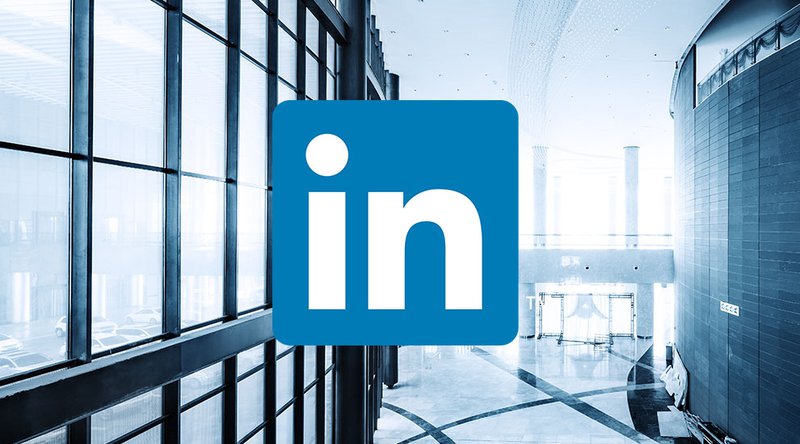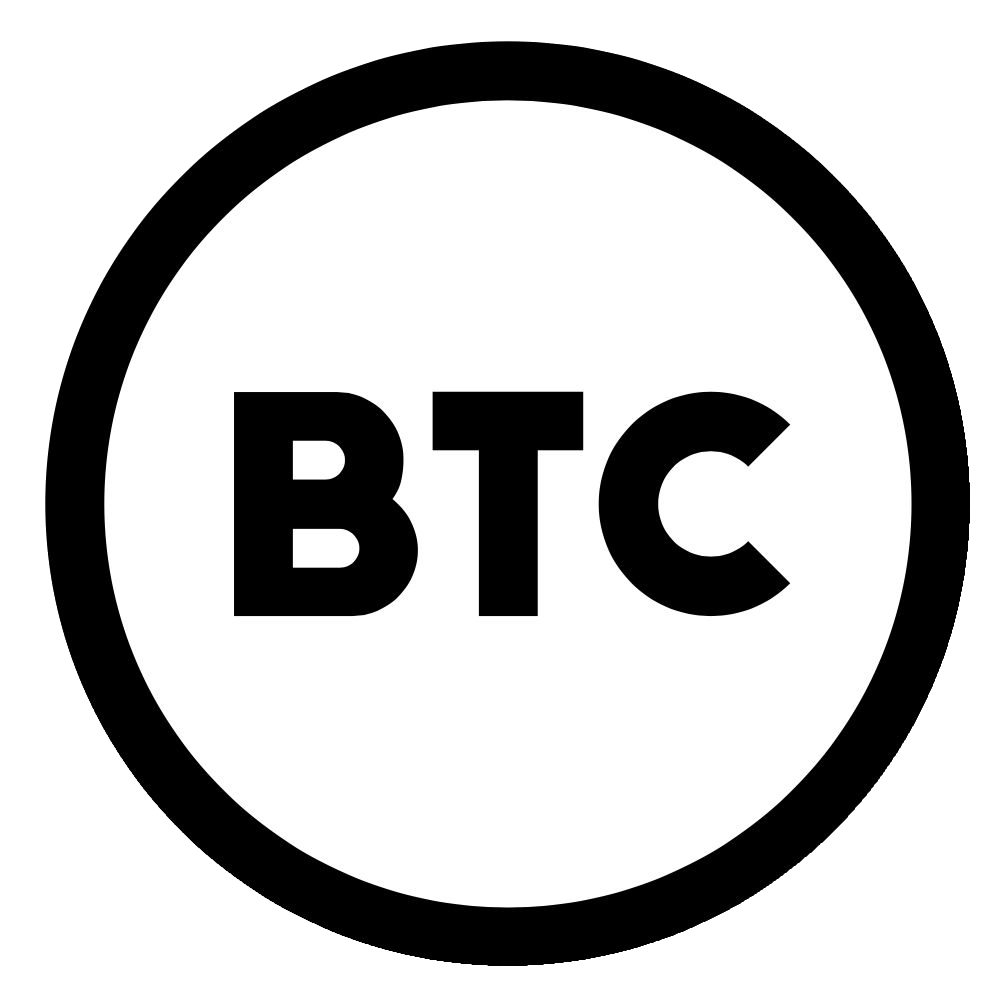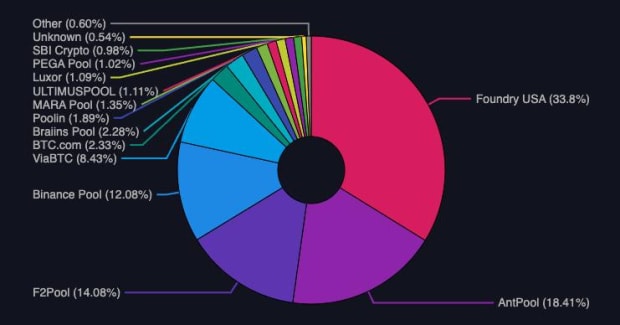Crypto, Blockchain Companies Shine in LinkedIn’s Top 50 U.S. Startups

LinkedIn has been keeping its finger on the pulse of the United States’ most thriving startups, and crypto organizations are showing tremendous signs of life — and growth.
The business and employment social media site released its LinkedIn Top Startups list this Thursday, September 6, 2018. Split into two articles, the list details the U.S.’s most dominant startups, weighing each company’s worth with in-house data that looks at “employee growth; jobseeker interest; member engagement with the company and its employees; and how well these startups pulled talent from [the company’s] flagship LinkedIn Top Companies list.” To be eligible, companies could be no older than seven years and must have had at least 50 employees.
Crypto Companies Take Top Spots
Interspersed between the expected ilk of general tech and software startups, cryptocurrency and blockchain companies had an impressive showing among their mainstream industry peers.
Coming in just behind Uber adversary Lyft and low-calorie ice-cream company Halo Top Creamery, respectively, Coinbase ranked third on the list. In describing the six-year-old cryptocurrency wallet and vendor, LinkedIn notes that its services house over 20 million accounts — twice the number of clients Charles Schwab has on its books. At 500 employees strong, the company hopes to double its manpower by year’s end.
Right behind number six — stock-trading service Robinhood (which, while not focused on cryptocurrencies, does offer crypto trading) — comes Ripple. With over 100 clients, the blockchain-based banking platform delivers its services to institutions like Santander, RBC and American Express. The company of 250 employees hopes to add 75 more by 2019. Slinging a bit of mud, the company boasted to LinkedIn that this dedication to expansion — along with an impressive clientele — is what distinguishes Ripple from other crypto startups that are “playing in the sandbox.”
Down the List, Crypto Still Finds Its Place
Outside of the top 10, the Winklevosses’ Gemini straddles the list’s upper and lower division at 25. LinkedIn highlights the Winklevosses’ hitherto unsuccessful attempts to list a bitcoin ETF, as well as their spearheading of an SRO (self-regulatory organization) for cryptocurrency exchanges. Among its 150 employees, the description draws attention to Robert Cornish, Gemini’s newly acquired CIO, whom it “poached” from the New York Stock Exchange.
Just below Gemini, Ethereum incubator ConsenSys tops the latter half of the rankings. Ethereum co-founder Joseph Lubin heads the organizational body, and its impressive staff of 965, the largest of any of the crypto companies surveyed, is spread across departments for technological development, consulting, education and investing. Earlier this year, the company partnered with Amazon to launch Kaleido, an enterprise-grade, blockchain software-as-a-service kit available on Amazon Web Services.
At 47, Axoni, a fintech firm focused on blockchain and distributed ledger technology, brings up the rear as the last crypto-related company on the list. Founded in 2013, the 50 employee company is starting to make a name for itself, as an infusion of $32 million in venture capital from market heavyweights like Goldman Sachs, Nyca Partners and Andreessen Horowitz has given the fledgling firm expectations to live up to.
A detailed version of LinkedIn’s terminology, along with qualifiers and exceptions, reads as follows:
LinkedIn measures startups based on four pillars: employment growth, engagement, job interest and attraction of top talent. Employment growth is measured as percentage headcount increase over one year, which must be a minimum of 15%. Engagement looks at non-employee views and follows of the company’s LinkedIn page as well as how many non-employees are viewing employees at that startup. Job interest counts what rate people are viewing and applying to jobs at the company, including both paid and unpaid postings. Attraction of top talent measures how many employees the startup has recruited away from LinkedIn Top Companies, as a percentage of the startup’s total workforce. Data is normalized across all eligible startups. The methodology time frame is July 1, 2017 through June 30, 2018.
To be eligible, companies must be independent and privately held, have 50 or more employees, be 7 years old or younger and be headquartered in the country on whose list they appear. We exclude all staffing firms, think tanks, nonprofits, accelerators and government-owned entities.
This article originally appeared on Bitcoin Magazine.









